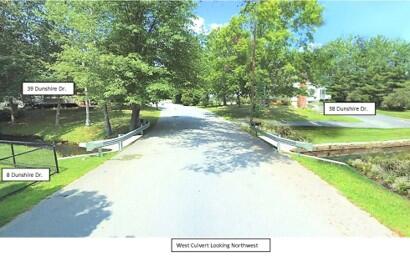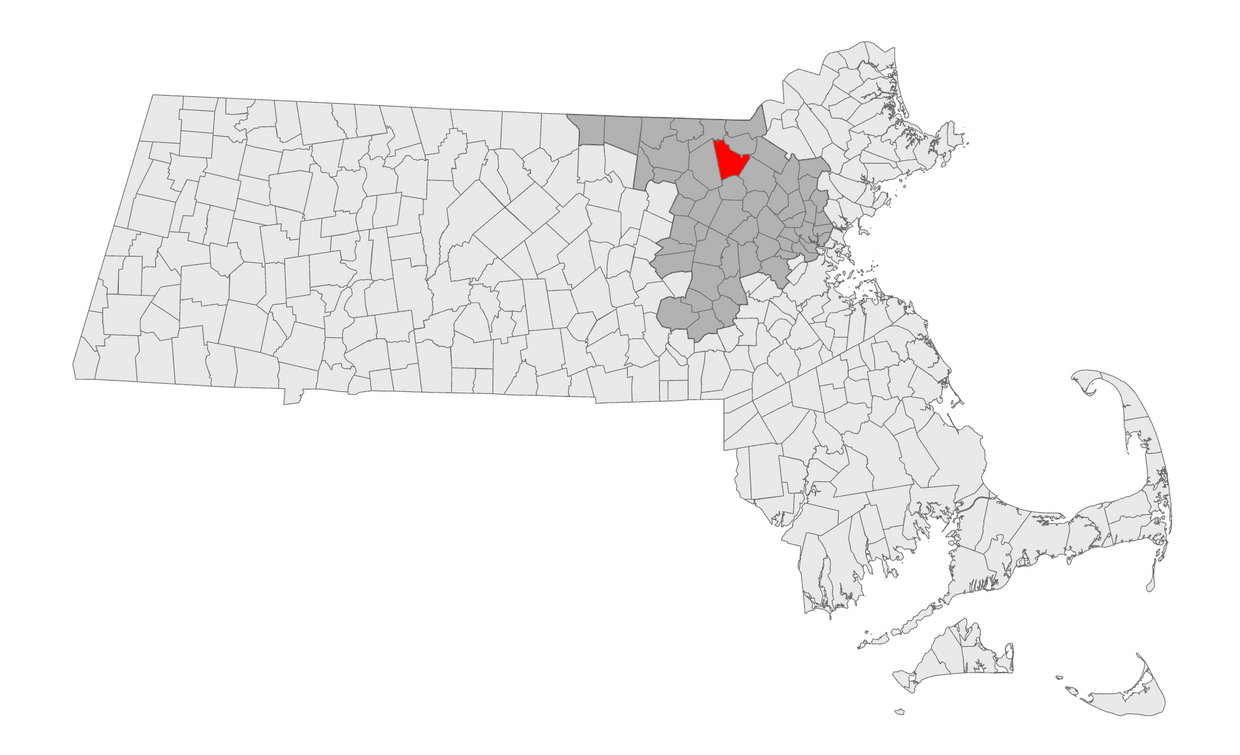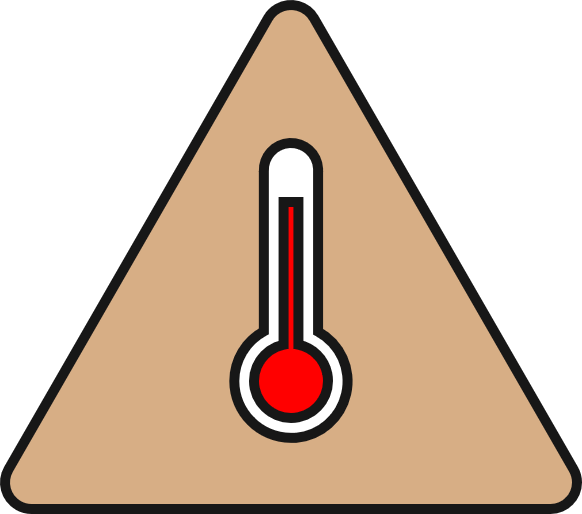Chelmsford Overview
Chelmsford is a town in Middlesex County, Massachusetts, in the upper Northeastern part of the state. They have a population of 35,933 people and an area of 22.4 square miles. Climate hazards present in Chelmsford include inland flooding, other severe weather, severe winter storms, and extreme temperatures.
Chelmsford MVP 2.0 Core Team
The MVP 2.0 Core team is a group of municipal staff and Community Liaisons who work together to identify local climate resilience priorities and implement a project that supports those priorities.
Chelmsford's Community Liaisons include:
- Chelmsford Climate Action Team
- Clean Energy and Sustainability Committee
- Para- professionals at Chelmsford Schools
- Member of the CHA/CHOICE Board
Chelmsford's Core Team includes municipal representation from:
- Town Manager
- Community services Coordinator
- Community Development
- DPW Director
Chelmsford Community Resilience Priorities
Community resilience priorities are practical actions created during the MVP 2.0 Planning Grant process. They were shaped through community input, thoughtful discussion about changing local needs, and feedback from Environmental Justice groups and other community members.
Chelmsford, in partnership with their Core Team, identified the following priorities through the MVP 2.0 process.
| Priorities | Potential Actions | ||
|---|---|---|---|
| Priority 1: Improve access to affordable, fresh food and water for low income and older community members | Potential Actions: Expand existing healthy food sources and increasing frequency of mobile food pantry/bank delivery (e.g. to Smith Street, Sheila Ave, Chelmsford Woods, and mobile home park), and offer education on composting/growing food/converting part of lawn to gardens/negative impacts of fertilizers/P-free fertilizer alternatives. Promote water conservation and reuse within the community. | ||
| Priority 2: Increase housing resilience | Potential Actions: Introduce neighborhood resilience planning program that includes flood mitigation retrofits and preparedness planning, and heat/flooding resilience toolkit for renters. | ||
| Priority 3: Increase opportunities for residents to learn about and connect directly with Town services and Town leadership, especially regarding public safety, emergency preparedness, and resilience strategies | Potential Actions: Hold open house events and attend local neighborhood gatherings. | ||
| Priority 4: Improve transportation access | Potential Actions: Improve/expand hours and routes for local transportation services / ride networks in ways that specifically increase access to healthcare, job opportunities, and food, and include consideration of links to regional transportation networks used by commuters. Increase promotion and education to residents about existing transportation options. Establish more and promote existing transportation services (e.g. to cooling/warming centers, away from flooding, etc.) for extreme heat, cold, fire, or flood events, especially for vulnerable target populations, and post-disaster support services (e.g. for mental health). | ||
| Priority 5: Mitigate flash flooding | Potential Actions: Implement flood resilient infrastructure for local bridges, culverts, and dams and implement roadside low-impact development. | ||
| Priority 6: Increase access to green space | Potential Actions: Promote planting of native plant and tree species on private and public properties, removal of non-natives and problem trees, and educate residents/businesses about planting options and invasive removal, using strategies from invasive species management plan. Evaluate locations where additional community green space such as pocket parks could be developed in neighborhoods with limited access to open space. | ||
| Priority 7: Improve sidewalks and address heat impacts | Potential Actions: Implement tree plantings and road enhancements to improve sidewalks and address heat impacts using Complete Streets design principles and “cool transportation corridor” strategies in areas with high need for safe mobility / commonly used by pedestrians. | ||
Chelmsford's MVP 2.0 Seed Project: Trees for All - Rebuilding Our Tree Canopy
Chelmsford received funding to implement a Seed Project that addresses one or more of their climate resilience priorities.
The activities of this project include:
- Identify locations for planting trees for shade and flood mitigation on public properties.
- Develop a pilot program to plant trees on private properties.
- Provide informational guidance to selected property owners on maintenance.
- Promote tree planting and maintenance information to all residents.
Chelmsford's Action Grant Projects
The MVP Action Grant provides funding to communities that want to take important steps to prepare for climate change, such as dealing with extreme weather, flooding, rising sea levels, and extreme heat.
Dunshire Drive Culvert Replacement & Deep Brook Stream Restoration: Phase I FY20
The project redesigned undersized drainage infrastructure and developed an ecological and stream bank restoration plan. These improvements will increase the resiliency of the neighborhood and its roadways, reduce current and future localized flooding, and enhance the resiliency of 13+ acres of residential land within the Merrimack River floodplain.








